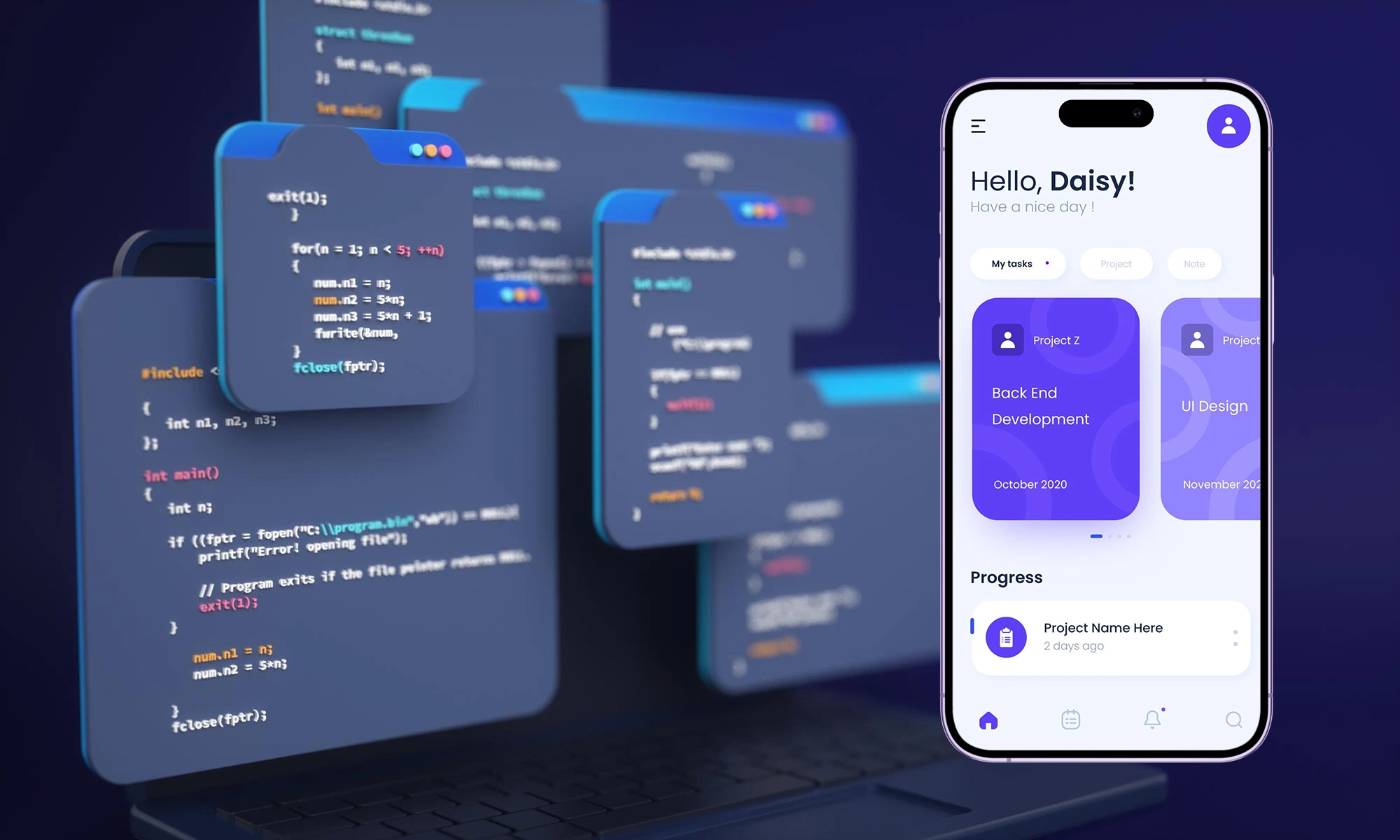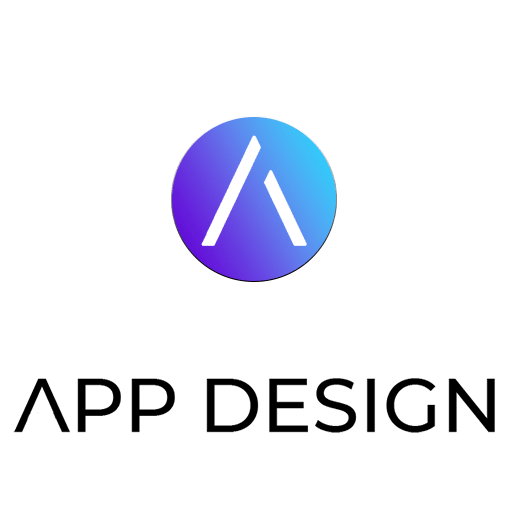
Are you interested in app development and wondering what professional profiles are needed to carry out this process successfully? In this article, we will explore the profiles for developing an app (mobile application) and analyze the key skills and knowledge required in each of them. From software developers to user interface designers, you will discover how these roles intertwine and contribute to the creation of high quality mobile applications.
Profiles to Develop an App: What Do You Need to Know?
The development of a mobile application involves a series of complex activities and tasks that require different skills and knowledge. Below, we present the key profiles that are fundamental to the app development process.
1. Software Developer
The software developer is one of the most important profiles in the development of an app. His main responsibility is to write and maintain the application code. A software developer must have a deep knowledge of programming languages, such as Java, Swift or Kotlin, and be aware of the latest trends and best practices in mobile app development.
Key skills of a software developer:
- Proficiency in at least one programming language.
- Knowledge of data structures and algorithms.
- Experience in the use of development tools, such as IDE (integrated development environment) and version control systems.
- Ability to debug and troubleshoot code.
- Knowledge of software architecture and object-oriented design.
2. User Interface (UI) Designer
The user interface designer is responsible for creating the visual appearance of the application and ensuring an intuitive and engaging user experience. Their job involves designing the layout of interface elements, selecting colors and fonts, and ensuring visual consistency throughout the application.
Key skills of a user interface designer:
- Knowledge of design tools, such as Adobe XD or Sketch.
- Experience in user-centered design and usability.
- Ability to create wireframes and interactive prototypes.
- Knowledge of visual and interaction design principles.
- Understanding of current design trends.
3. Backend Developer
The backend developer focuses on building and managing the logic behind a mobile application. Their job involves developing the server side of the application, managing the database and ensuring smooth communication between the frontend and backend.
Key skills of a backend developer:
- Proficiency in backend programming languages, such as PHP, Python or Node.js.
- Knowledge of backend frameworks and technologies, such as Laravel, Django or Express.js.
- Experience in the creation and consumption of APIs (Application Programming Interfaces) and web services.
- Ability to solve performance and scalability problems.
4. Frontend Developer
The frontend developer is responsible for implementing the user interface in the browser. Their job involves translating the designs provided by the user interface designer into HTML, CSS and JavaScript code.
Key skills of a frontend developer:
- Proficient in HTML, CSS and JavaScript.
- Knowledge of frontend frameworks and libraries, such as React, Angular or Vue.js.
- Experience in creating responsive and friendly interfaces for mobile devices.
- Knowledge of web standards and performance optimization.
- Ability to collaborate closely with designers and backend developers.
5. Software Testing Specialist
The software tester is responsible for ensuring that the application works correctly and meets the established requirements. His job involves extensive testing, identifying bugs and documenting them for later correction.
Key skills of a software testing specialist:
- Knowledge of software testing techniques and methodologies.
- Experience in the use of testing tools, such as Selenium or JUnit.
- Ability to create effective test cases.
- Knowledge of record cleaning and analysis techniques.
- Attention to detail and ability to detect and document errors.
6. Project Manager
The project manager is responsible for coordinating all stages of app development, ensuring that deadlines are met and established objectives are achieved. Their work involves planning, organizing and supervising the development team.
Key skills of a project manager:
- Knowledge of project management methodologies, such as Scrum or Kanban.
- Leadership skills and ability to motivate the team.
- Ability to manage multiple tasks and priorities.
- Excellent communication and negotiation skills.
- Knowledge of project management tools such as Jira or Trello.
Frequently Asked Questions (FAQs)
1. What is an app and why is it important to develop it?
An app, or mobile application, is software designed specifically for use on mobile devices, such as smartphones or tablets. It is important to develop an app because of the growing demand for mobile applications in various industries. A well-developed app can provide significant benefits, such as increased user reach, task automation and improved customer experience.
2. What is the most important profile in the development of an app?
All the profiles mentioned above are fundamental in the development of an app. However, the software developer and the user interface designer are especially important, as they are responsible for the functionality and user experience of the application.
Is it necessary to have all the above mentioned profiles in an application development team?
It depends on the scope and complexity of the project. In smaller projects, it is possible that a software developer can assume multiple roles, such as backend and frontend developer. However, in larger and more complex projects, it is advisable to have professionals specialized in each profile to ensure an efficient and high quality development.
4. What is the difference between a backend developer and a frontend developer?
A backend developer focuses on the server side and logic of an application, while a frontend developer is in charge of implementing the user interface in the browser. Both profiles work together to create a complete and functional application.
5. What is the role of the software testing specialist in the development of an app?
The software tester plays a crucial role in the development of an app, as he or she is responsible for ensuring that the application works correctly and meets the established requirements. Their work helps to identify errors and ensure the quality of the final product.
What is the importance of a project manager in the development of an app?
A project manager plays a key role in the development of an app, as he or she is responsible for coordinating all stages of the project, from planning to final delivery. Their work ensures that the team is aligned, deadlines are met and objectives are achieved efficiently.
Conclusion
The development of an app requires different professional profiles, each with specific skills and knowledge. From software developers to user interface designers to software testers, each profile plays an essential role in creating successful mobile applications. By understanding the responsibilities and skills of each of these profiles, you can assemble a solid development team and ensure the success of your app development projects.
Do not hesitate to take full advantage of the skills and knowledge of each profile mentioned in this article to develop a successful and high quality app.

